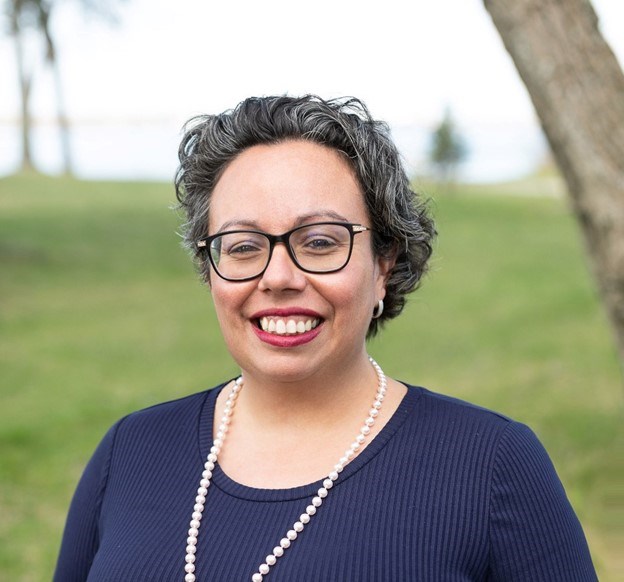WAWA — After disbanding their Indigenous relations task force, the Association of Municipalities of Ontario is forming a new Indigenous advisory council to better represent Indigenous voices and integrate Indigenous practices into policies across the province.
Among other elected Indigenous officials, Melanie Pilon — who made history as the first Indigenous mayor elected in Wawa — readily accepted her invitation to join AMO’s new council.
The main role of the council will be to advise on policy matters through an Indigenous lens, taking into consideration the effect of certain policies on First Nations communities and "urban Indigenous citizens," Pilon noted.
Furthermore, the Indigenous advisory council will build upon the goals outlined by the healthy democracy project in 2022 — which allocated $1 million to boost “equitable representation, [increase] participation in municipal governance in Ontario, and [create] better understanding of the important role of local governments.”
Pilon is already a member of the healthy democracy committee and says she looks forward to what this new council will accomplish.
“I expect it will have a great impact on the current state of Indigenous-municipal relationships,” said Pilon.
With that in mind, Shuniah Mayor Wendy Landry, who is the chair of the new council, noted that it will be comprised of members of the community in addition to elected officials, including representatives from organizations such as Matawa, Ontario Native Women's Association, and Nishnawbe Aski Nation.
In this way, the advisory council will act as a more authentic representation of Indigenous voices across the province and draw attention to work that still needs to be done.
A draft of the council's terms of reference states that they will meet "a minimum of three to four times per year" beginning this year.
Across the region, many municipalities already share important relationships with neighbouring First Nations.
In Wawa, for example, Pilon made it clear that there is already a precedent set with the municipality’s strong ties to Michipicoten First Nation, but also pointed out that “there is certainly a need” to increase those ties.
“There’s always room for improvement for strengthening those relationships,” Pilon said. “Particularly as there are changes in leadership. Relationships are always unique, especially as new people come on the scene.”
While the healthy democracy project was only recently unveiled in late August this year, the formation of the Indigenous advisory council adds greater context to municipal proceedings and will hopefully ensure that representation is a goal well-met.
With tensions rising between the premier and northern First Nations communities, this council is at least one step in the right direction.
